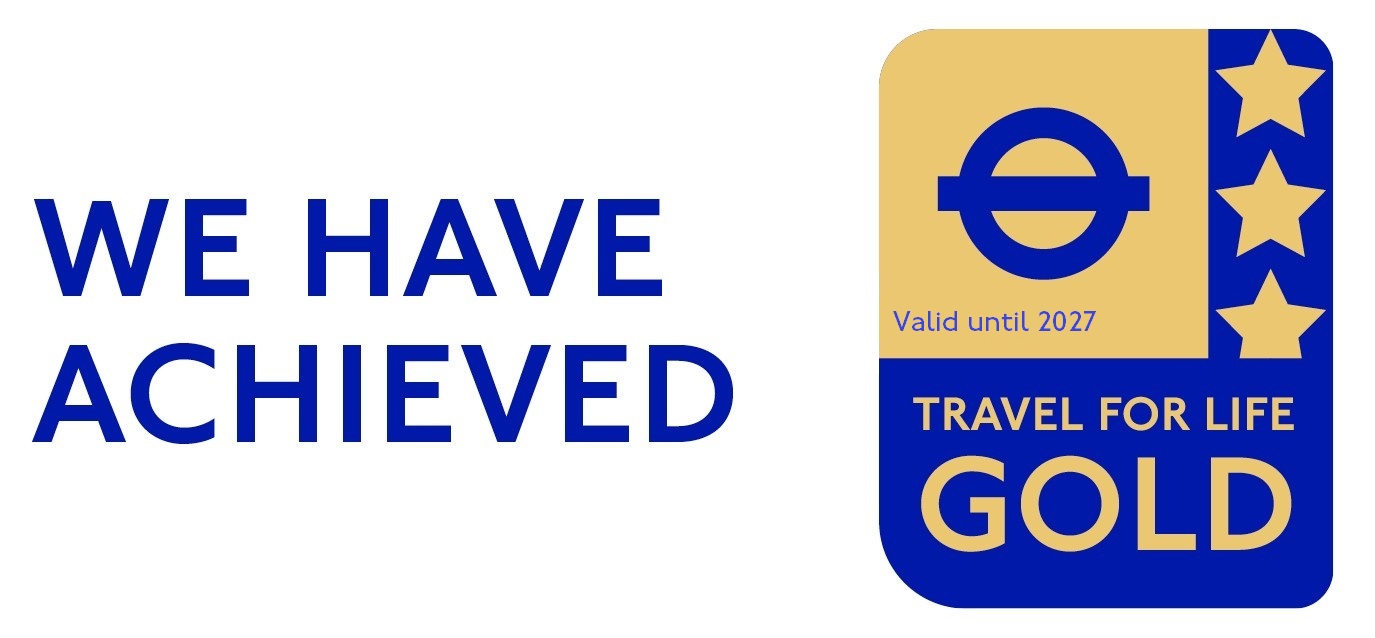Maths
In the early years we use Development Matters and the Early Learning Goals (ELG) to guide our long, medium and short term planning. We also refer to Numicon Firm Foundations materials, Digit Dog, NRICH and NCETM ‘Numberblocks’ resources. There is a heavy emphasis on developing mathematical language through sorting, matching and comparing as well as exploring pattern and the ability to subitize objects and images (for instance, five wise patterns within 5 and 10 frames, five wise patterns (Numicon) & dice patterns. Maths themes and ideas are introduced and discussed with children being able to subsequently self-select from a range of indoor and outdoor activities. Assessment is continuous although for summative assessment we refer to the ELG and the Exemplification materials.
In accordance with the statutory requirements of the maths national curriculum for KS1 and 2, we want children to develop their conceptual understanding, be fluent, reason and be able to solve routine and non-routine problems. To support this, we have invested in Manipulatives which enable all children to explore and explain the abstract nature of maths. We also encourage drawings, including the use of bar models. This concrete, pictorial and abstract approach, underpinned by Bruner’s research (Enactive, Iconic & Symbolic) is proven to be a very effective way of supporting mastery. With this in mind, we have chosen to introduce the White Rose Maths scheme of work which actively promotes this style of teaching & learning through the questions and activities that it encourages teachers to provide all pupils with.
A mastery approach encourages all children to make links within mathematics (through perceptual variation); and also, to see and explain patterns (supported by systematic variation). Similarly, to achieve mastery, children are expected to: use accurate mathematical vocabulary when explaining their understanding and modelling their methods; teach and support peers; ask and answer questions using precise mathematical vocabulary; develop visualization skills; develop their metacognition; increase become resilient; develop positive mindsets and not be afraid to make mistakes.
A mastery curriculum often involves whole class teaching with all pupils being taught the same concepts at the same time. Differentiation within maths at St. Martin of Porres is therefore not your traditional 3 level approach. Instead, differentiation may be achieved through careful questioning, additional scaffolding and the length of time resources are used for and peer support. Those children that are slower to grasp content will also be supported by immediate intervention. Similarly, those children that grasp concepts more rapidly and have demonstrated elements of mastery may be given deeper, rich activities with extended questions; adapted activities from the NCETM ‘Paper on Mastery’, White Rose Hub and NRICH.
Please note that since we are aware of the damage that labelling and streaming can cause, the terms less able and more able should be avoided. The terminology used in our assessment of Working Towards, Working At and Working at Greater Depth is preferable.
Assessment in KS1 & 2 includes immediate feedback from the teacher in a purple pen (Perfect Purple) and green pen (‘Green for Growth’) for indicating errors in an exercise book. Children’s subsequent responses are made with a red pen. This formative assessment is used to plan subsequent teaching and learning alongside the use of pre & post unit assessment (Hot & Cold Tasks). Please note that we do not generally have next steps marking in maths, instead we believe in next steps teaching and/or intervention.
Additionally, we also look to inspire positive attitudes towards maths from our pupils with initiatives such as an open-ended ‘Weekly Maths Challenges’ for children in KS1 & KS2 and attendance at ‘Maths Fairs’ to showcase children’s collaborative project work around a mathematical concept of their choosing. We have also trained up a group of Year 5 ‘Mathemagicians’ to run a ‘Maths Games Club’ at lunchtime for KS1 children to practise their counting skills while playing dice, dominoes and card games. In April 2019, we held a ‘School History Maths Day’ where pupils explored an aspect of the school’s history through a range of mathematical concepts. On the 15th October 2019 we will be inviting children to dress up as their favourite number as part of our celebrations for ‘World Maths Day’. Our maths consultant Peter Warwick will also be leading a special ‘World Record Maths’ assembly as part of the celebrations together with an informative workshop for parents on challenge and mastery.
September 2019








